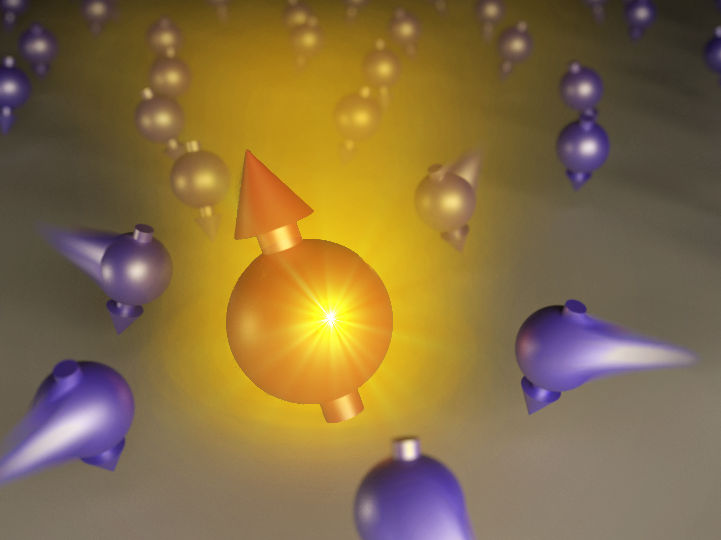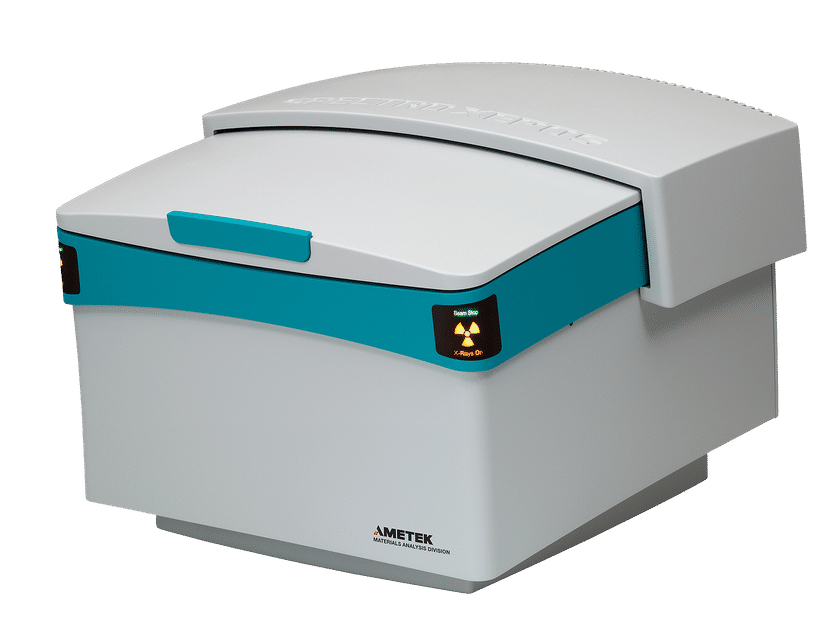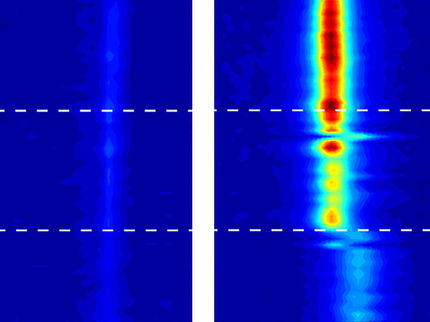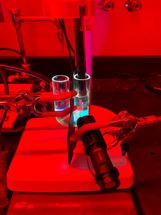AFM Tips from the Microwave
Chemists from the Jena University (Germany) improve the process for the fabrication of sharp Atomic Force Microscopy tips
Scientists from the Friedrich-Schiller-University Jena (Germany) were successful in improving a fabrication process for atomic force microscopy (AFM) probe tips.
Atomic Force Microscopy is able to scan surfaces so that even tiniest nano structures become visible. Knowledge about these structures is for instance important for the development of new materials and carrier systems for active substances. The size of the probe is highly important for the image quality as it limits the dimensions that can be visualized – the smaller the probe, the smaller the structures that are revealed.
Carbon nanotubes are supposed to be a superior material for the improvement of such scanning probes. However, it is difficult to attach them on scanning probes, which limits their practical use.
Chemists of the Friedrich-Schiller-University Jena found a way to overcome these problems. The research team of Prof. Dr. Ulrich S. Schubert succeeded in developing a new type of process that allows the growth of carbon nanotubes on the actual scanning probe.
For this process the Jena scientists are using microwave radiation for a gentle but very fast growth of the nanotubes. The growth starts at small cobalt particles, that are being taken up with the help of the AFM tip. “The metal particles strongly heat up in the microwave and reach a temperature that is sufficient to convert alcohol vapor into carbon. The heating process works similar like a forgotten spoon in the kitchen microwave which also absorbs the microwave radiation very effectively,” explains Tamara Druzhinina from Schubert`s research team. “Carbon nanotubes can be grown very quickly due to the special conditions inside of the microwave which can generate a pressure up to 20 bar” adds her colleague Dr. Stephanie Hoeppener.
The Jena chemist Prof. Schubert points out the practical benefits of the process: “The method we developed can potentially result in a very cost-efficient production technology of for instance high resolution probes for Scanning Force Microscopy. These are already available on the market but they are very expensive at 350 Euro each. With the process we can reach a price level, that would justify the use of such tips also just for routine measurements.”
Original publication: Tamara S. Druzhinina, Stephanie Hoeppener, Ulrich S. Schubert: „Microwave-Assisted Fabrication of Carbon Nanotube AFM Tips“, Nano Lett., 2010
Most read news
Topics
Organizations
Other news from the department research and development

Get the chemical industry in your inbox
By submitting this form you agree that LUMITOS AG will send you the newsletter(s) selected above by email. Your data will not be passed on to third parties. Your data will be stored and processed in accordance with our data protection regulations. LUMITOS may contact you by email for the purpose of advertising or market and opinion surveys. You can revoke your consent at any time without giving reasons to LUMITOS AG, Ernst-Augustin-Str. 2, 12489 Berlin, Germany or by e-mail at revoke@lumitos.com with effect for the future. In addition, each email contains a link to unsubscribe from the corresponding newsletter.
Most read news
More news from our other portals
Last viewed contents
Cabot Proposes European Restructure
SQM Initiates Bond Registration Process

Hot on the heels of quasiparticles
Messer nominated for the entrepreneurs’ award “TRIGOS 2011”
Bayer MaterialScience to Acquire Taiwan's Ure-Tech Group




























































